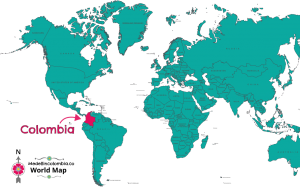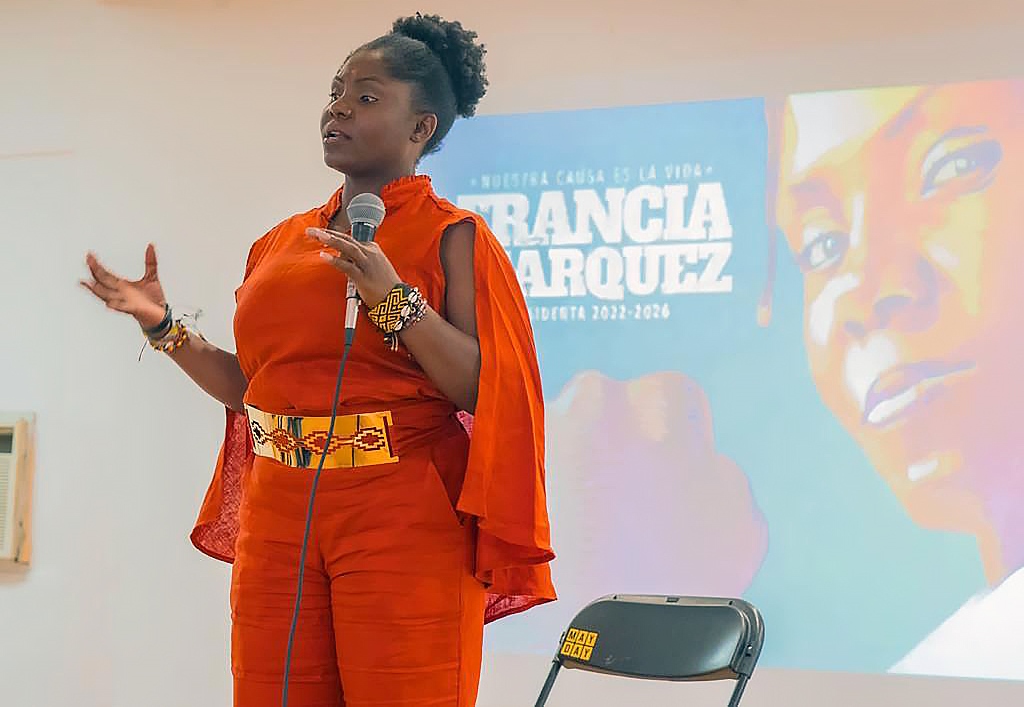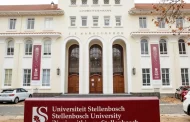Yesterday, they were called leftists, communists, rebels and even rascals. Very shortly, they would be sworn-in to become president and Vice-President of Colombia, a historical about-turn of immense significance. Not only is Colombia such an unequal society, the inequality has a racial as well as pigmentation dimension.

Colombia in global space
Those for whom inequality matters never managed to come into power. This is the first time they broke through the system to come top and, even then, through election. With a radical imagination rooted in the tradition of contingent problematisation of the various manifestations of dependent capitalism, the Left can and always win in Latin America, from Brazil to Bolivia. In Bolivia, for instance, they centralized resistance around Indigeneity, bringing together a massive fighting force that brought Eva Morales to power in 2006. He made fighting neoliberalism the essence of popular power.
This is what the Left is doing again in Colombia where Gustavo Petro, a former Mayor and a card-carrying Leftist has won the Presidency. While Petro’s victory is a historical turning point in tendency politics, Francia Marquez, his Vice-President is even more so.

Gustav Petro, the in-coming prsident
She is not only a single – mother and victim of the “poor, powerless and pregnant” syndrome, having given birth at 16, she is also the first black woman to climb that far in the country. She thus combines class, racial and gender inequality, all of which she is ideologically aware of and the demolition of which she made clear in her campaign.
Mercifully, she is educated and relatively young, just 41. She has won the Nobel equivalent of environmental activism, mainly from fighting multinational corporations that have crated survival challenges for ordinary people who live and till the land.
In other words, what happens in Latin American Left politics is the dexterity of activists of differing ideological hues but who are able to privilege whichever manifestation of capitalism and build a fighting force around it. The neo-populist streak in that works in that they are thus able to always speak to the worries of the majority by situating such threats in wider crisis of domination and inequality. As such, they are always capable of sending a ‘never say die’ message unlike in much of Africa, for instance.




























